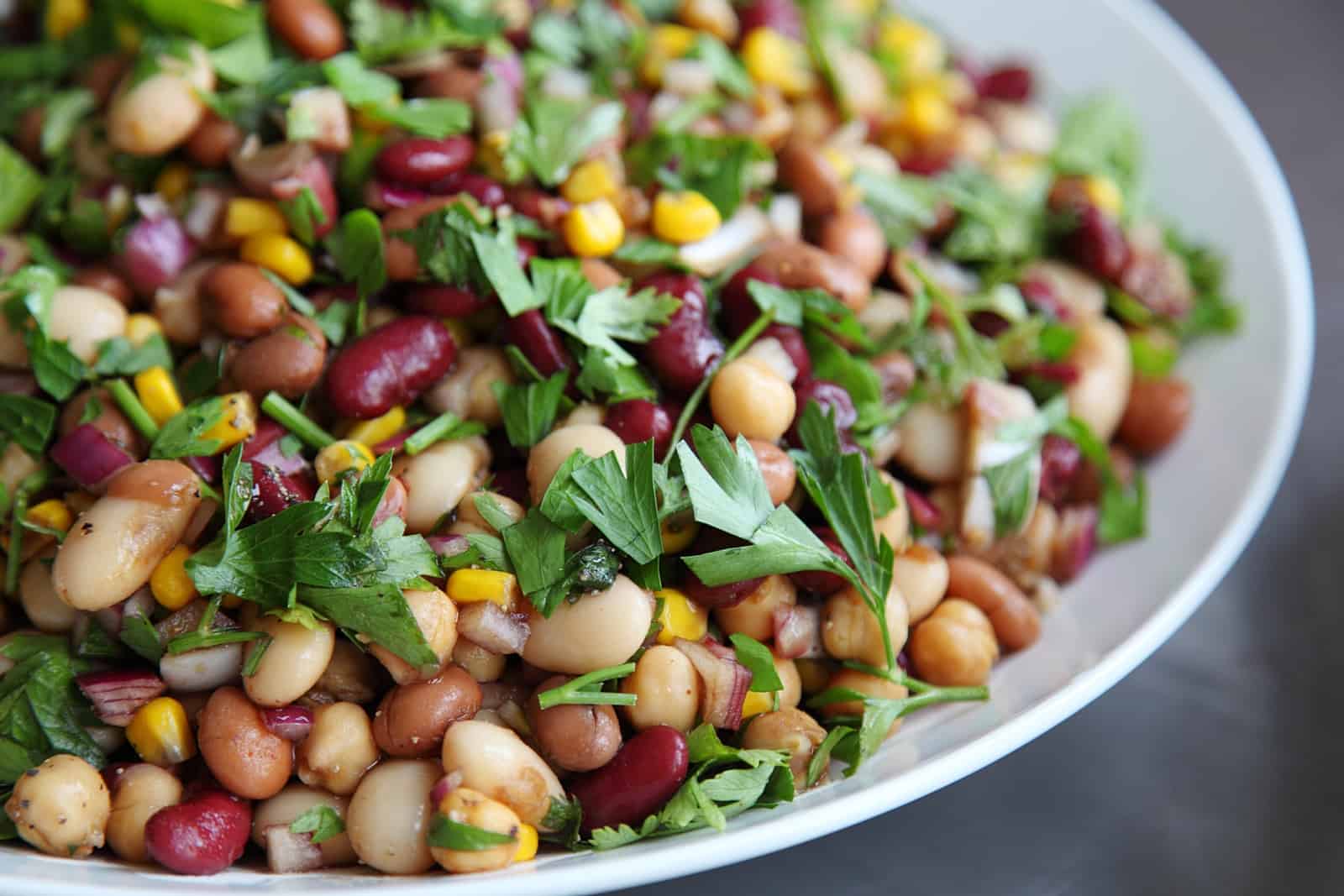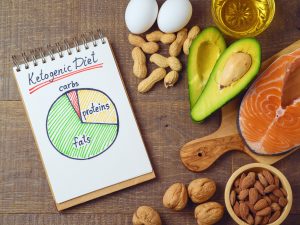What Is The 5:2 Diet?
If you’re looking for an effective and flexible way to shed some extra pounds, the 5:2 diet might be just what you need. This popular eating plan, also known as the “fast diet,” is all about intermittent fasting and calorie restriction. In simple terms, it involves eating normally for five days a week and then significantly reducing your calorie intake for the remaining two days.
The concept behind the 5:2 diet is to create a calorie deficit without placing too many restrictions on your eating habits. It provides a balance between indulgence and discipline, making it a sustainable long-term weight loss solution for many individuals.
How Does the 5:2 Diet Work?
The 5:2 diet follows a straightforward pattern: for five days of the week, you eat a normal, or “maintenance,” amount of calories, while for the remaining two days, you significantly reduce your calorie intake to around 500-600 calories per day (for women) or 600-700 calories per day (for men).
There are no strict rules regarding which days you should choose for fasting – it’s up to you to decide what works best for your schedule and lifestyle. Some people prefer to fast on weekdays, while others may opt for weekends. The key is to have a balance and sustainability that fits your personal needs.
Benefits of the 5:2 Diet
The 5:2 diet offers several benefits beyond weight loss. Here are a few worth mentioning:
- Flexibility: With only two days of calorie restriction, the 5:2 diet provides flexibility in your eating patterns. You can still enjoy your favorite foods and social events on non-fasting days, making it easier to adhere to in the long run.
- Improved Insulin Sensitivity: Intermittent fasting has been found to enhance insulin sensitivity, which can have a positive impact on blood sugar control and reduce the risk of type 2 diabetes.
- Enhanced Brain Function: Studies suggest that intermittent fasting may improve cognitive function and protect against neurodegenerative diseases, potentially boosting brain health.
- Increased Longevity: Some research indicates that intermittent fasting may promote longevity by activating certain cellular pathways involved in aging and disease prevention.
Tips for Success
While the 5:2 diet can be an effective way to lose weight and improve overall health, it’s essential to approach it with the right mindset and make smart choices. Here are a few tips to help you succeed:
- Stay Hydrated: Drink plenty of water throughout the day to stay hydrated and curb hunger.
- Choose Nutrient-Dense Foods: Opt for whole, nutrient-dense foods on fasting days to ensure you’re getting the necessary vitamins and minerals.
- Listen to Your Body: Pay attention to your hunger signals and eat when you genuinely feel hungry, even on fasting days. Don’t starve yourself.
- Find Support: Join online communities or seek support from friends and family who are following or have experience with the 5:2 diet. Their encouragement can be invaluable.
- Consult a Healthcare Professional: If you have any underlying health conditions or concerns, it’s always best to consult with a healthcare professional before starting any new diet or weight loss plan.
Remember, the 5:2 diet is not a quick-fix solution but rather a sustainable approach to weight loss and overall well-being. Embrace the flexibility, listen to your body, and make healthy choices, and you’ll be on your way to achieving your goals.
So, if you’re ready to embark on a journey towards a healthier lifestyle, consider giving the 5:2 diet a try. With its flexible approach and proven benefits, it may just be the solution to help you reach your weight loss goals.
Please note that it’s always a good idea to consult with a healthcare professional or registered dietitian before starting any new diet or fasting plan, especially if you have any underlying health conditions or concerns.











